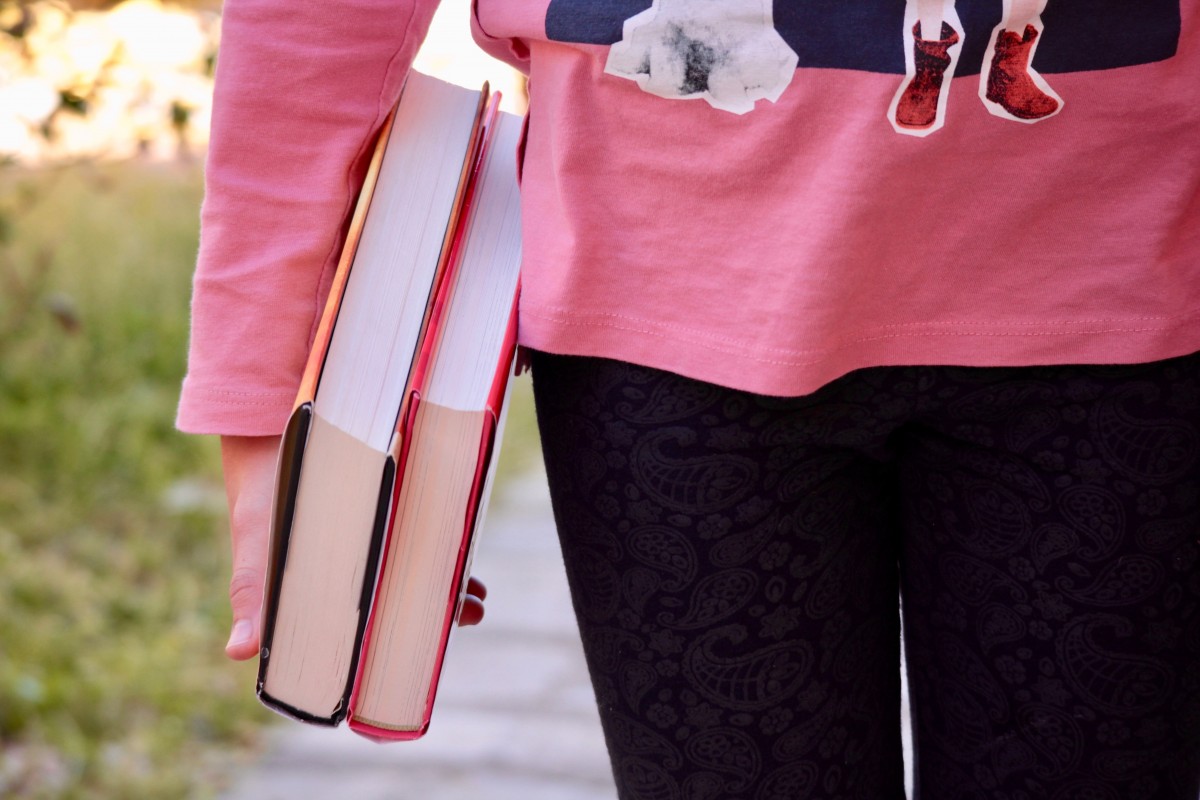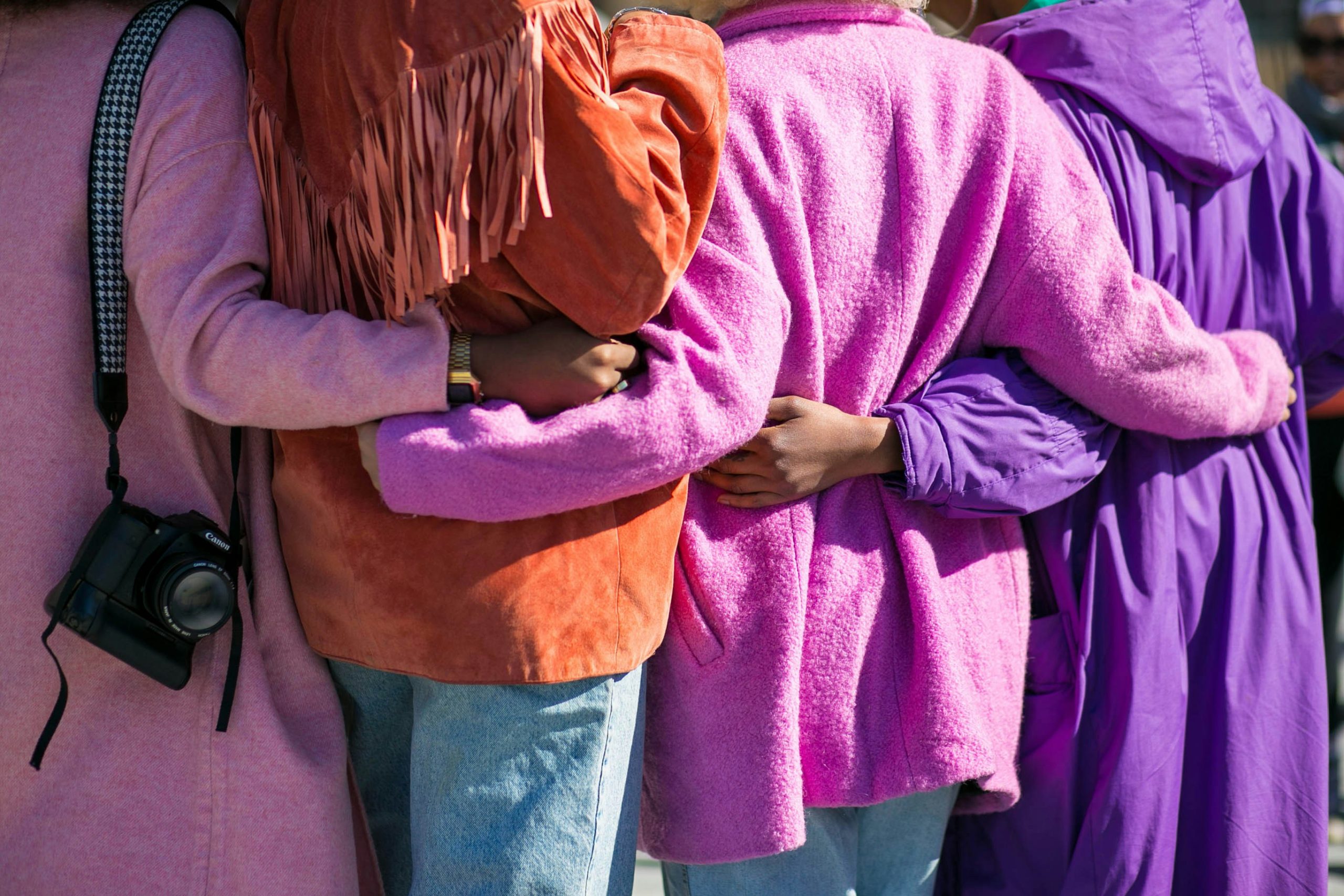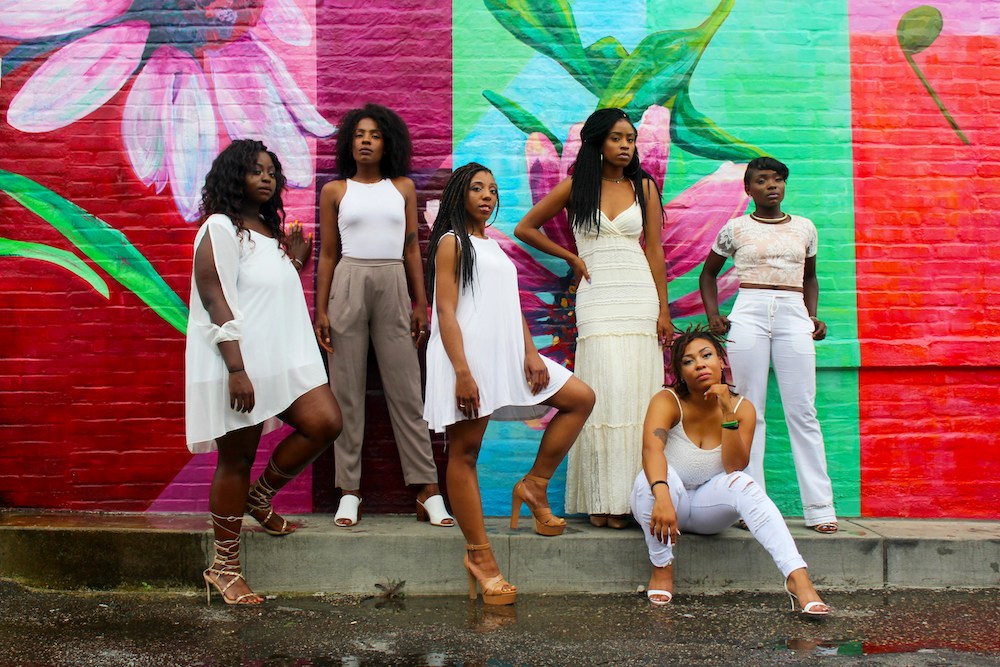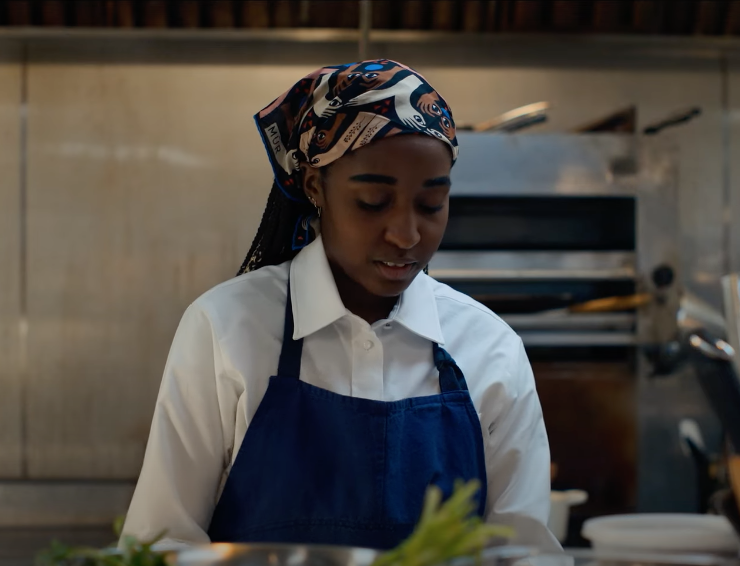Books & Culture
Shopping For a Boy? Give Him a Book About a Girl
Teenage girls read books about everyone else—here's why everyone else should return the favor

My senior year of high school, I audited a contemporary literature class with one of my favorite teachers—the kind of teacher students hang around to talk to after class, the kind who has the deepest respect for his students and also the highest expectations.
One day, after I’d been unusually quiet in class, he asked what I thought about the book we were reading; it was his first time teaching it. Truthfully, the book featured a lot of characters I had very little interest in reading about: extremely troubled anarchists. I told my teacher I wasn’t enjoying it, and I think I even went so far as to say that I didn’t think it should be on our syllabus.
When he asked why, I said, “Because I can’t really relate to any of the characters.”
My teacher leaned back against his desk and smiled like he knew something I didn’t. “So, what?” he asked after a pause. “You only read books about yourself?”
We laughed about it, and then probably had a meaningful discussion about different avenues for connecting to literature until the starting bell for the next period rang and I hurried off to math class. Internally, though, I was horrified. In part, it was cutting to take critique from a teacher whose respect I so badly wanted. But mostly, I feared he was right. At home that night, I sat in front of my bookshelves, privately confirming to myself that I did, in fact, read all kinds of books about people I’d never encounter in real life. But the question buzzed in the back of my mind for weeks, because, deep down, I knew I judged not just my enjoyment but the quality of books based on how much I could relate to the characters.
My teacher’s question, perhaps more than anything else I learned in high school, has stayed with me. After that discussion, I started to value books based on how much they challenged and expanded my “theory of mind”—essentially, the ability to understand people’s desires and perspectives different from my own.
Books give readers the opportunity to practice understanding and caring about the thoughts and feelings of others.
This probably won’t come as a surprise, but reading has been demonstrated to make people kinder, more empathetic, and more socially intuitive, among a host of other benefits. Cognitive psychologist Keith Oatley likens the act of reading to a pilot learning to fly in simulation. Books give readers the opportunity to practice understanding and caring about the thoughts and feelings of others.
This works better with fiction than nonfiction, because those books require more understanding of other minds. “The effectiveness with which literature improves social cognition may depend on how well it demands attention to others’ mental states,” writes Princeton Social Neuroscience Lab psychologist Diana Tamir. “Such high-quality practice in simulation—or the capacity to experience realities outside of the ‘here-and-now’, including hypothetical events, distant worlds, and other people’s subjective experience—then translates into real-world consequences for readers’ social cognition.” Being forced to put oneself in others’ shoes through literature—i.e. not just reading books about yourself—exercises the parts of the brain (like the medial prefrontal cortex and posterior cingulate cortex) that support our capacity for empathy.
This is great news for teenage girls, who read books with boy protagonists all the time. Unfortunately, the reverse is almost universally untrue.
With the exception of a few books like The Hunger Games series, boys almost never pick up books with a girl in the central role—nor are they asked to, which has everything to do with marketing and expectations. (I’ll also note here that The Hunger Games’ female protagonist, Katniss, fits decidedly traditional masculine stereotypes—unemotional, hunts with a bow and arrow, provides for the women in her family, etc.—perhaps making her more palatable to a male audience.) If reading about others makes us more empathetic and compassionate, is it any wonder that girls, who are constantly being asked to read about the opposite sex, have a reputation for being sensitive to the emotions of others, while the running joke is that boys have no idea what goes on in a girl’s head?
Boys almost never pick up books with a girl in the central role—nor are they asked to.
There is no question that girls are expected to read books from viewpoints outside of their own experience more than are boys. My male friends recreationally devoured great books in middle and high school like Holes, The Giver, and Ender’s Game, all featuring male protagonists. Meanwhile, my female friends read all of those, as well as works by Laurie Halse Anderson, Jenny Han, Tahereh Mafi—great authors I’ve never seen in a boy’s hand.
What would our world look like if boys were asked to read books about girls and their feelings and their unique struggles? Not necessarily girls saving the dystopian universe, although those books are important models too, but girls portrayed living their normal lives bravely? Girls facing problems many would consider fleeting or trivial?
Of course, some boys do read these books—especially the books that have garnered wide respect as classics of the genre. I asked a male friend over coffee last week whether, as a child, he read any books featuring an everyday female protagonist. He had with him a copy of Kerouac’s On The Road, so my expectations were low.
“You mean, like, Ramona Quimby books?” he asked. “Little House on the Prairie? Judy Blume?”
“Yes,” I said, “That’s exactly what I mean.”
“Yeah, I read all of those.”
“Did someone give them to you?” I asked. (He and I went to elementary school together and they certainly weren’t assigned reading.)
“I grew up with five sisters,” he said by way of explanation. No one had specifically given those books to him; those books were around, so that’s what he read.
In other words, boys can and do enjoy books about girls—as long as they have access to them. But they’re rarely getting them in school, or as gifts from parents, or from other boys. And we demean boys by assuming they won’t be interested or that there is nothing to be gained by reading Anne Brashares or Rainbow Rowell.
The idea that young women’s stories don’t matter is fundamentally disconnected from reality.
Author Jodi Picoult recently noted that the way we talk about YA literature about young women “suggests stories about young women matter less. That they are not as worthy or literary as those about anything but young women. That their concerns and hopes and fears are secondary or frivolous.” This idea that young women’s stories don’t matter is fundamentally disconnected from the reality that teenage girls are a powerful (though powerfully underestimated) group. For example, they happen to be currently leading the climate strikes and helping change the face of environmentalism—to say nothing of change brought about by young women like Malala Yousafzai, Emma Gonzalez, and Amika George.
Which means young boys aren’t the only ones missing out on a whole genre of literature when we market “teenage girl books” solely to teenage girls. Adults should be reading them too.
There’s a nearly ubiquitous snobbery towards young adult literature. Despite a long tradition of children’s/young adult books being folded into the adult literary canon (The Adventures of Tom Sawyer, Alice in Wonderland, The Hobbit, to name just a few), and despite the fact that we have no problem recognizing that films made for kids have merit for a wider audience (has anyone ever said “Toy Story is fine for kids, but…”?), YA literature — however thoughtfully written and deeply explored — is still categorized as something more trivial. And this is especially true of books about girls.
If reading books about someone other than ourselves is important for building social-cognitive skills, we should more readily embrace the books meant for teenage girls, even make them the centerpiece of the young adult reading experience. And, perhaps, the adult reading experience too.
Before you go: Electric Literature is campaigning to reach 1,000 members by 2020, and you can help us meet that goal. Having 1,000 members would allow Electric Literature to always pay writers on time (without worrying about overdrafting our bank accounts), improve benefits for staff members, pay off credit card debt, and stop relying on Amazon affiliate links. Members also get store discounts and year-round submissions. If we are going to survive long term, we need to think long term. Please support the future of Electric Literature by joining as a member today!








